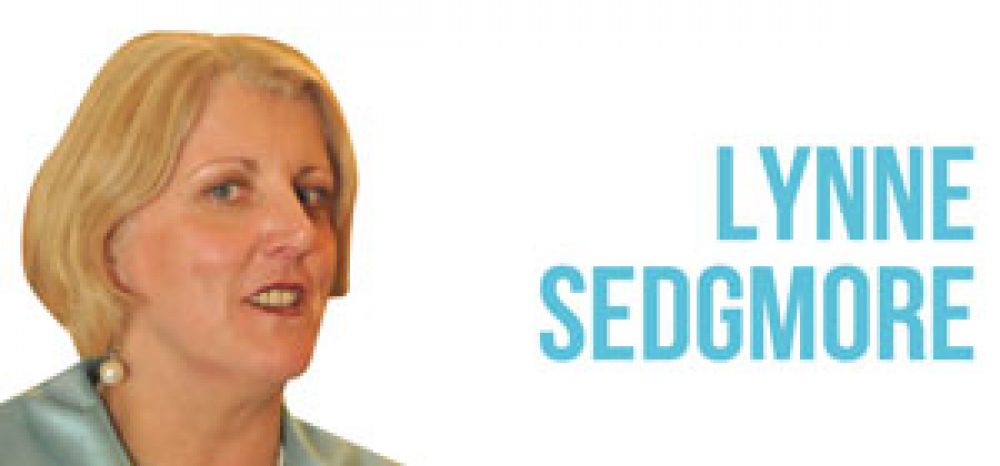The 157 Group has been debating how it moves forward six years on from its inception. The sector context in 2012 is very different from 2006, not least with the new flexibilities and freedoms, the changing style of Ofsted, fiscal reductions and a new spirit of entrepreneurialism. A key question is how a successful college is defined and measured in this changing political, educational and policy environment.
As a Group, our recent focus has been on helping shape policy and influencing development of the sector, drawing on a powerful principal peer support group, a system of eleven peer networks and the added value of delivering focussed project activities. We believe that it is timely and important to articulate, a new, sophisticated and sector owned approach to determining what counts as a successful college in the current decade. We believe it must encompass Ofsted judgements, but go even further.
The capacity to maintain and improve the broad range of college provision and performance in changing contexts is key to any assessment of whether a college as a whole can be termed successful. The views of those who look at one aspect of a college’s work in depth such as Ofsted, the Quality Assurance Agency (QAA) and Skills Funding Agency are important, but a more holistic judgment can only be achieved through a process involving rigorous peer review.
The 157 Group, like other college groups, has initiated a peer review process among its members in a conscious attempt to ensure a sector owned/led approach to success and quality improvement that builds on but goes beyond external assessments.
The broader mission of an FE college, the various purposes it serves in a community, its economic mission and the extent to which the college as a whole can fulfil its stated purposes, now and in the future, must be the core basis for assessing its overall success.
It is not appropriate for colleges to be measured primarily from a schools, qualification and academic centric paradigm when our mission is to deliver a broad spectrum of services beyond qualifications and contribute to the broad spectrum of community, economic and social benefit.
External judgments on inspected provision made by bodies like Ofsted and QAA will be an important component of any such assessment. So too will external judgments of a college’s financial health, including auditors reports. However, since Ofsted reports are based on snapshot trends covering only a small fraction of a college’s work, their main value is in helping assess how far we can have confidence in a college’s own judgments.
It is good Ofsted is moving to focus consistently on determining the quality of teaching and learning, rather than reflecting more transient political agendas. In determining whether an institution is successful, increasing attention needs to be paid to other factors.
In a user-driven system the judgments of key users, for example, as reflected in surveys of student and employer satisfaction, will become increasingly central. Success rates are one important outcome but increasingly it is recognised that so too are student destinations. In the future a college’s success may need to be assessed in terms of preparing students to be entrepreneurial and enterprising – exercising initiative and innovation.
In addition, there are benefits a college needs to be able to demonstrate, such as impact on local business viability, a contribution to economic regeneration, increasing social cohesion and other aspects of engagement with the wider community. A successful college has to be both effective and inclusive. It is not sufficient to achieve high success rates by not engaging with the full range of potential clients or by being too selective.
Finally, to be truly successful, a college needs to be outward looking, working with and where necessary supporting other institutions as well as contributing to the wider process of policy formulation.
Lynne Sedgmore CBE, Executive Director,
157 Group



Your thoughts